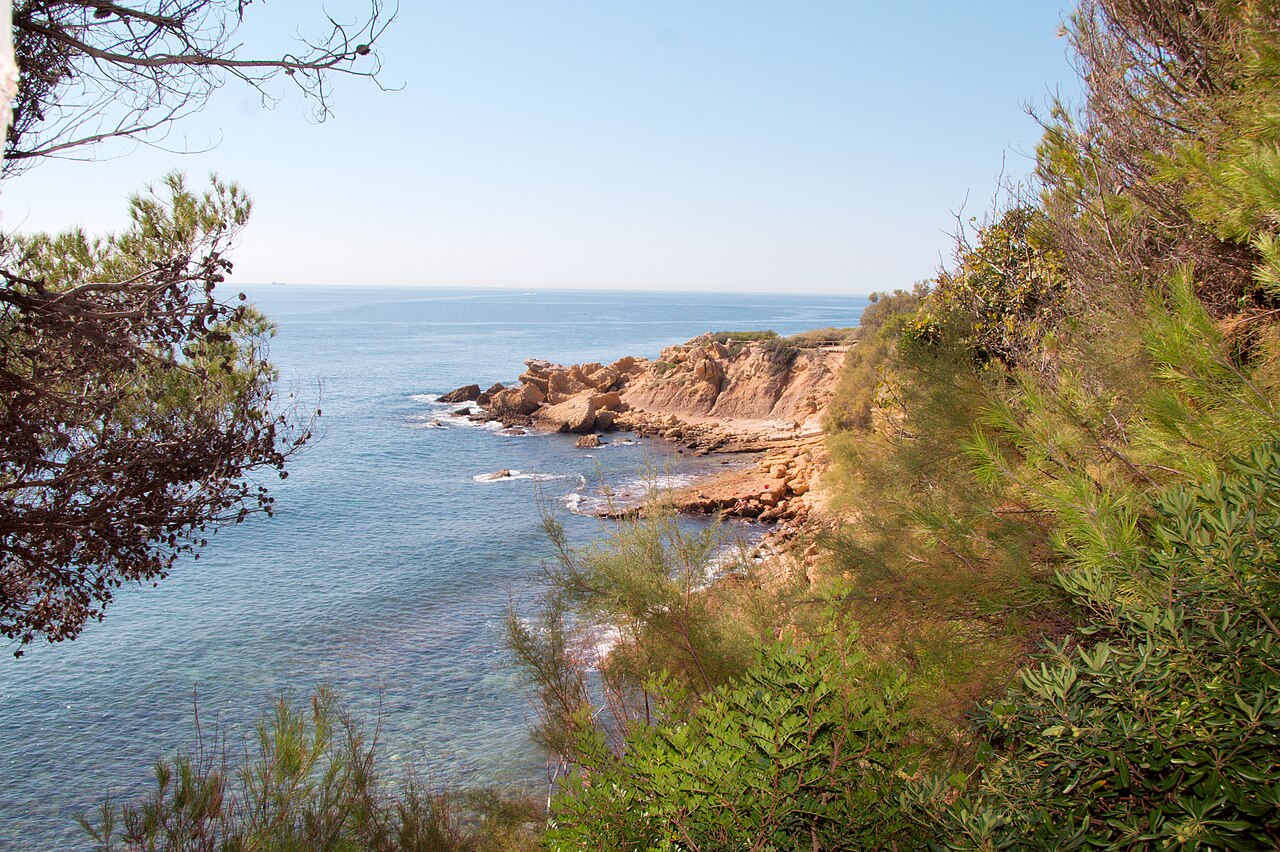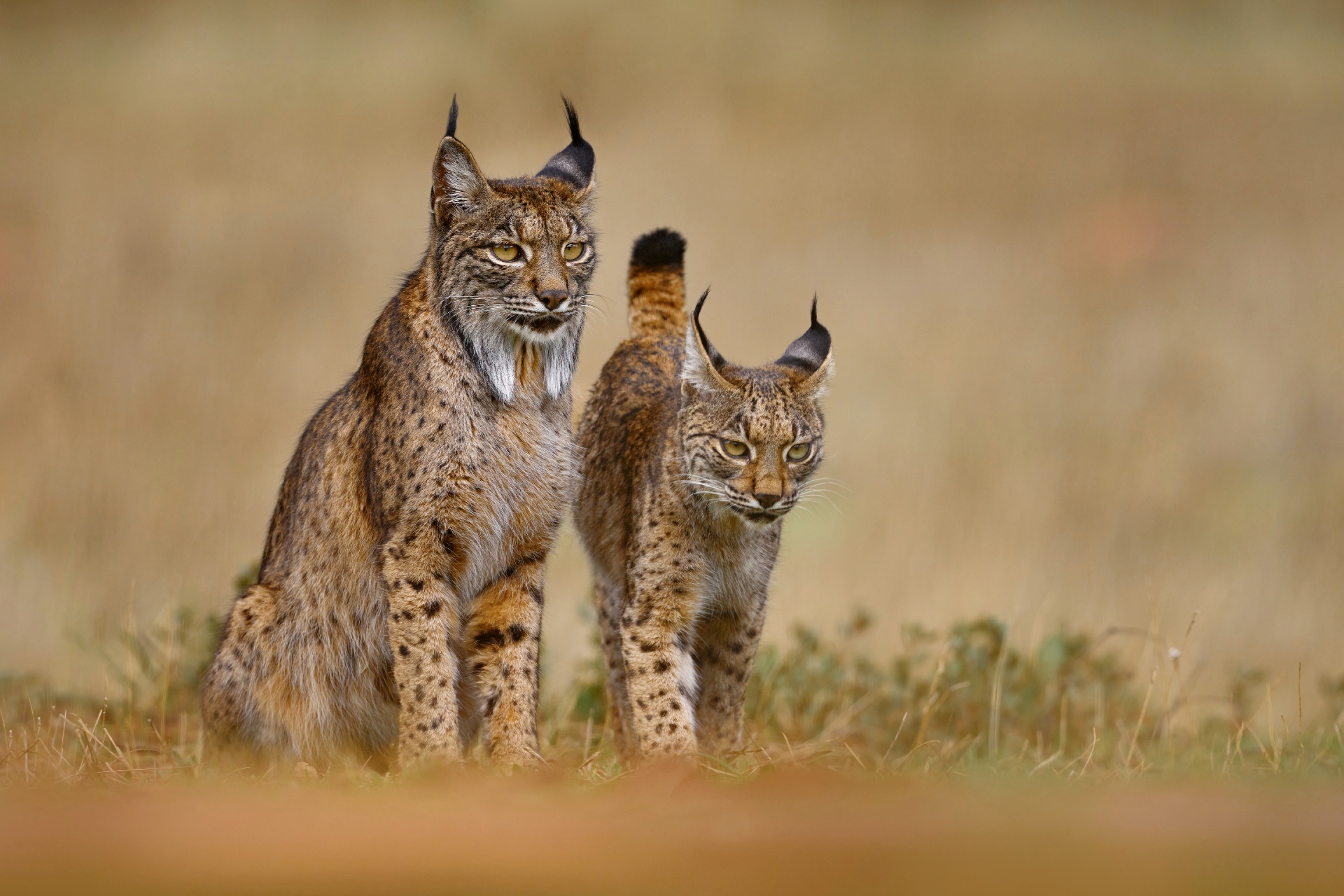A New Task Force: IUCN SSC CEC Behaviour Change
Considering the critical role of human behaviour and decision-making in driving the unprecedented rate of species extinction we are witnessing today the IUCN through its Species Survival Commission (SSC) and Commission on Education and Communication (CEC) created the inter-commission IUCN SSC CEC Behaviour Change Task Force.
It will be chaired by Dr Diogo Veríssimo (Oxford University), who has been a member for more than a decade in SSC and has been part of the leadership of other organisations in similar areas. Representing SSC it will be Dr Laura Perry, Behaviour Change Coordinator, based at the Global Center for Species Survival in Indianapolis, and Dr Kira Mileham, SSC Director of Strategic Partnerships.
Even though there is a long history of trying to influence decision-making, through approaches such as environmental education, the field of biodiversity conservation has only recently started exploring the communication and behavioural sciences (broadly defined) to achieve nature conservation.
That way IUCN SSC CEC Behaviour Change Task Force will be pioneer and focus on distilling multidisciplinary evidence and providing specialist knowledge. It will produce a series of guidance materials to disseminate best practices in the field of behaviour change towards biodiversity conservation. The outputs of this Task Force can offer guidance to other interested groups, both within the SSC Network such as species Specialist Groups to others outside it such as the Zoo and Aquarium educators community. More broadly, the Task Force aims to leverage the IUCN, SSC and CEC brand, alongside its membership to increase the use of behavioural insights to advance the conservation and management of biodiversity.
The main goal of the Task Force is to act as a knowledge broker between the behavioural sciences and those working to conserve biodiversity. In order to achieve that it will focus on:
- Maximise synergies between other institutional groups working in the field of behavioural science and sustainability;
- Conduct a consultation across SSC, CEC and other relevant stakeholders in order to identify barriers to the use of behavioural change science in conservation science;
- Produce and publish guidelines for high-quality behavioural interventions in the context of biodiversity conservation;
- Develop freely accessible training materials and modules that can help build capacity across IUCN and more broadly in the biodiversity conservation field;
- Produce an authoritative review of the knowledge to be published in Open Access.
The aim is to deliver on these goals by the next World Conservation Congress, which will happen in less than two years' time.
It will benefit from the members' different backgrounds in the field of behavioural, social and communication sciences. This gender-balanced group includes professionals from North and Latin America, Oceania, Africa, Europe and Asia. With expertise across fields such as Psychology, Social Marketing, Communications, Economics, Behavioral Public Policy, Environmental Policy, Education and Design Thinking, this Task Force hopes to be transdisciplinary and cut across different realms of knowledge.



